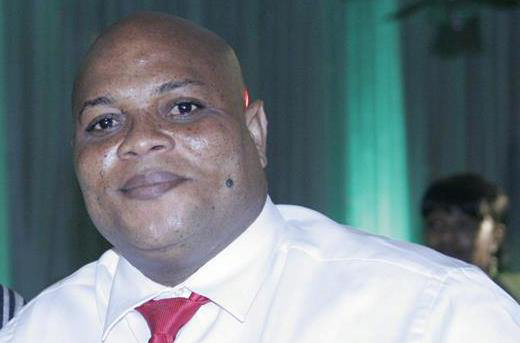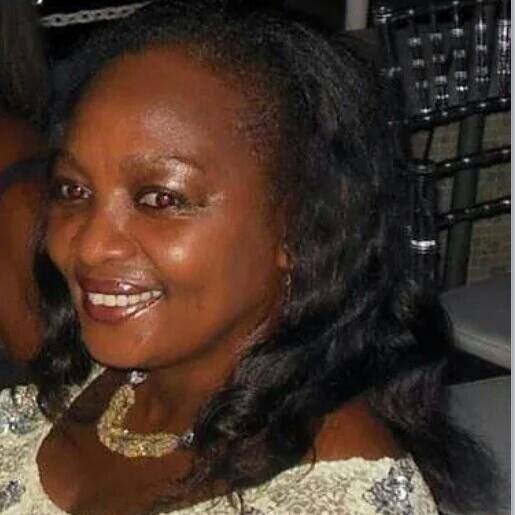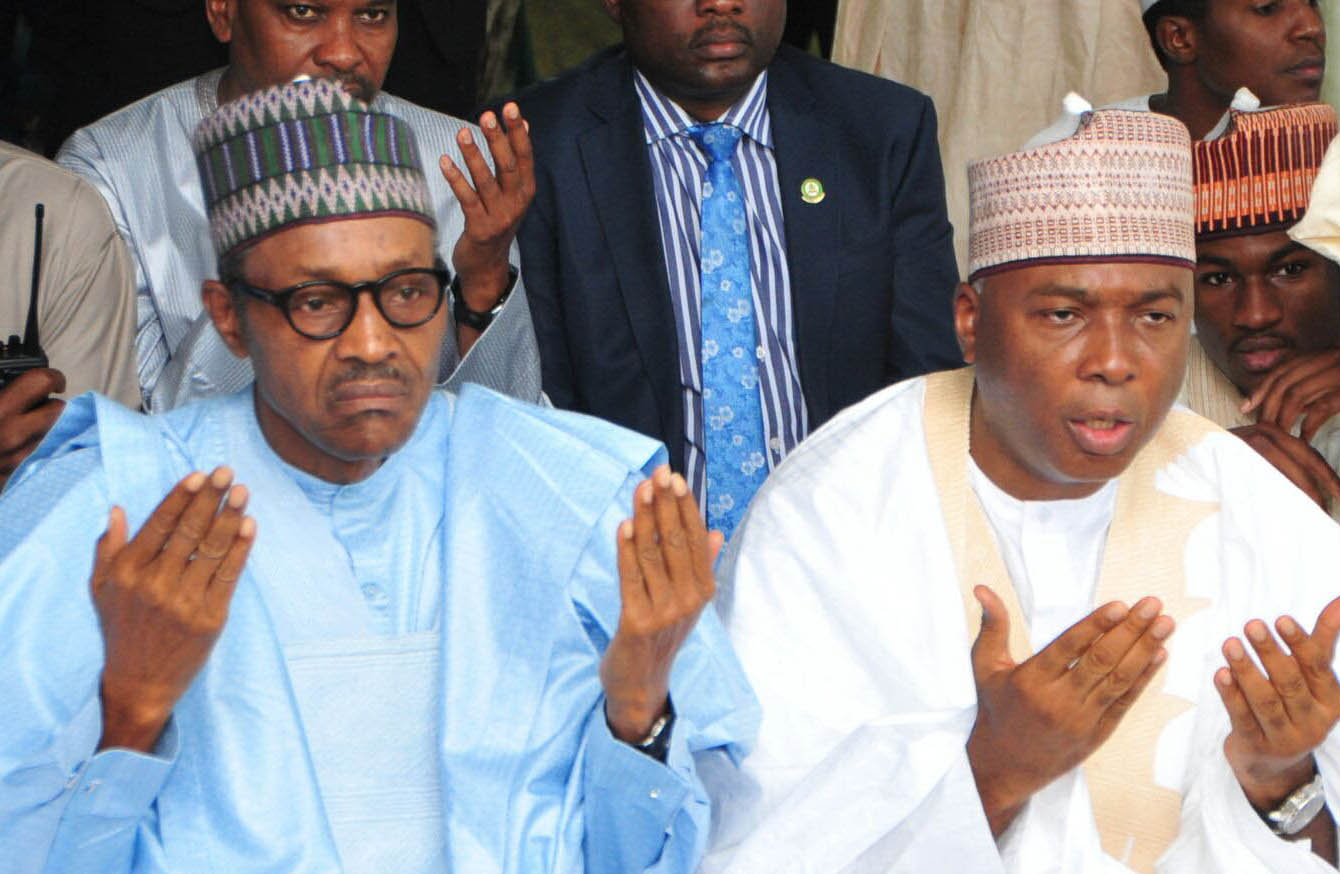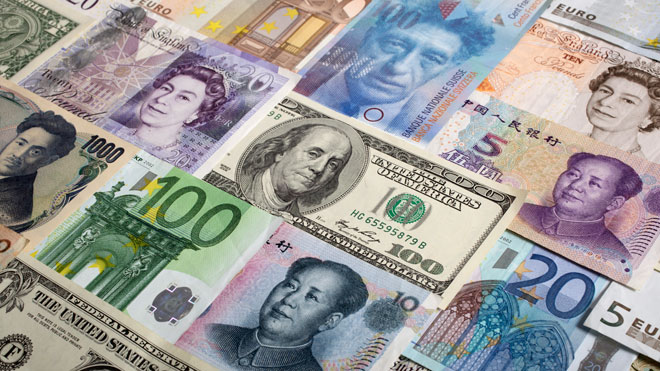At about 9pm on July 20, 2014, First Consultants Medical Centre, Obalende, Lagos, received a strange, uninvited visitor. Arriving at the Murtala Muhammed from an international flight and feeling unwell, he was brought in, his name given as Patrick Sawyer, a Liberian-American.
It was a visit that eternally altered the course of the hospital, and put Nigeria on global alert as one of the West African countries hit by a strange, quickly-killing viral disease. Sawyer would eventually die, but not until he had managed to contrive the eventual death of eight brave Nigerians.
HOW IT HAPPENED
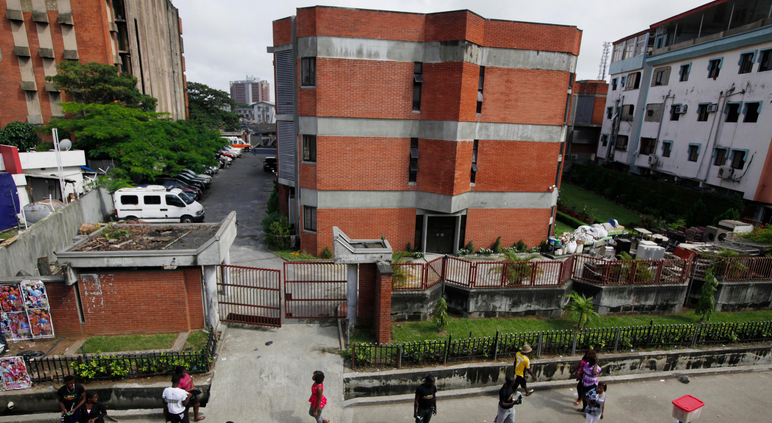
In early July 2014, Sawyer’s sister had died of Ebola Virus Disease (EVD). At the time, information in Liberia on the deadliness and contagiousness of the virus was inadequate; it was unknown that contact with the corpse of an Ebola victim spelled death for the living. So after attending her sister’s burial and ostensibly having contact with the corpse, Sawyer contracted the virus. On arrival at First Consultants, he claimed to have malaria and was so treated, but blood patches in his urine and eyes forced the hospital to carry out further checks.
DR. ADADEVOH TO THE RESCUE
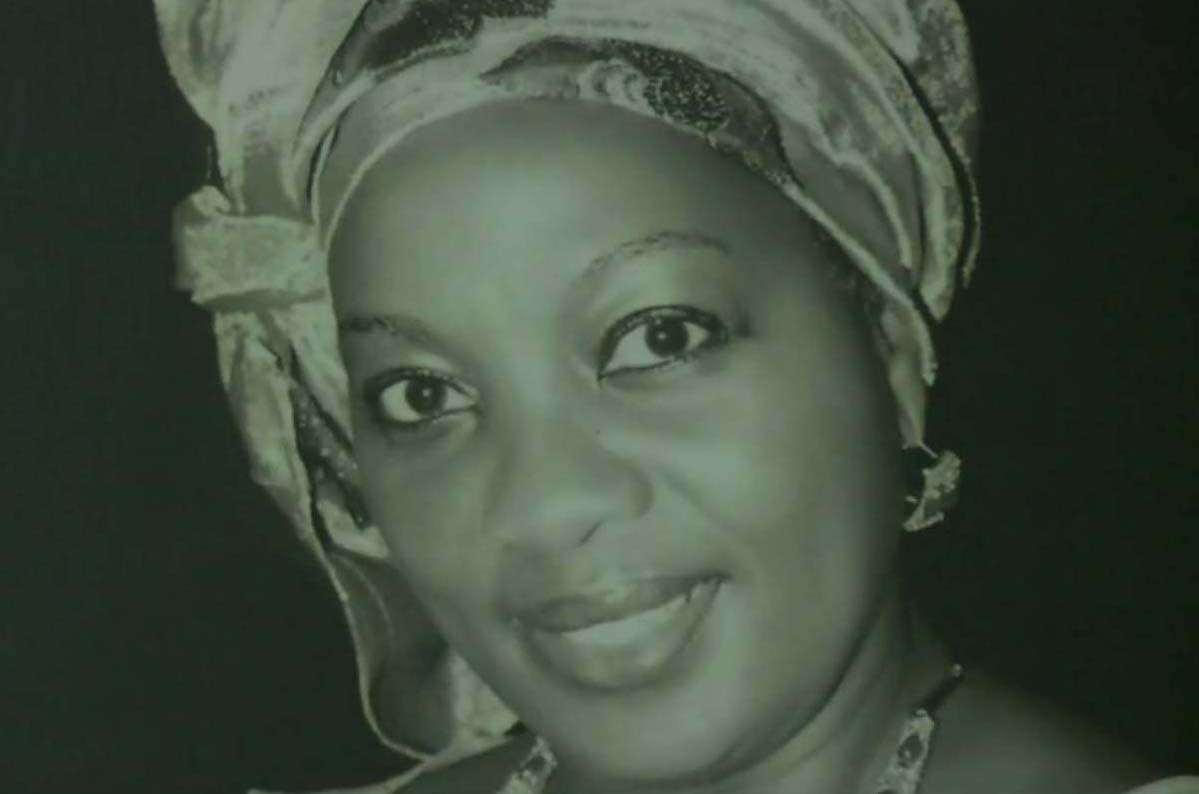
Although Sawyer requested to be quickly discharged so he could attend an ECOWAS convention in Calabar, Stella Adadevoh, chief physician of the hospital, triggered an incident committee, which continued to study his symptoms, conducted tests and eventually knew his sickness was far beyond malaria. It was Ebola!
Advertisement
The patient had no qualms with all the tests he was subjected to, but the moment he was told he could not leave the hospital until all test results were in, he went berserk. An angry Sawyer nastily yanked off the intravenous line and spilled his blood all over the room in a fit of rage. Al Hassan Koike, the Liberian ambassador to Nigeria, began bombarding the hospital with calls, threatening all manner of legal action. Well, a host of hospital staff contracted the virus from Sawyer, and at least two of them, including Adadevoh, died.
PANIC-STRICKEN LAGOS RESPONDS
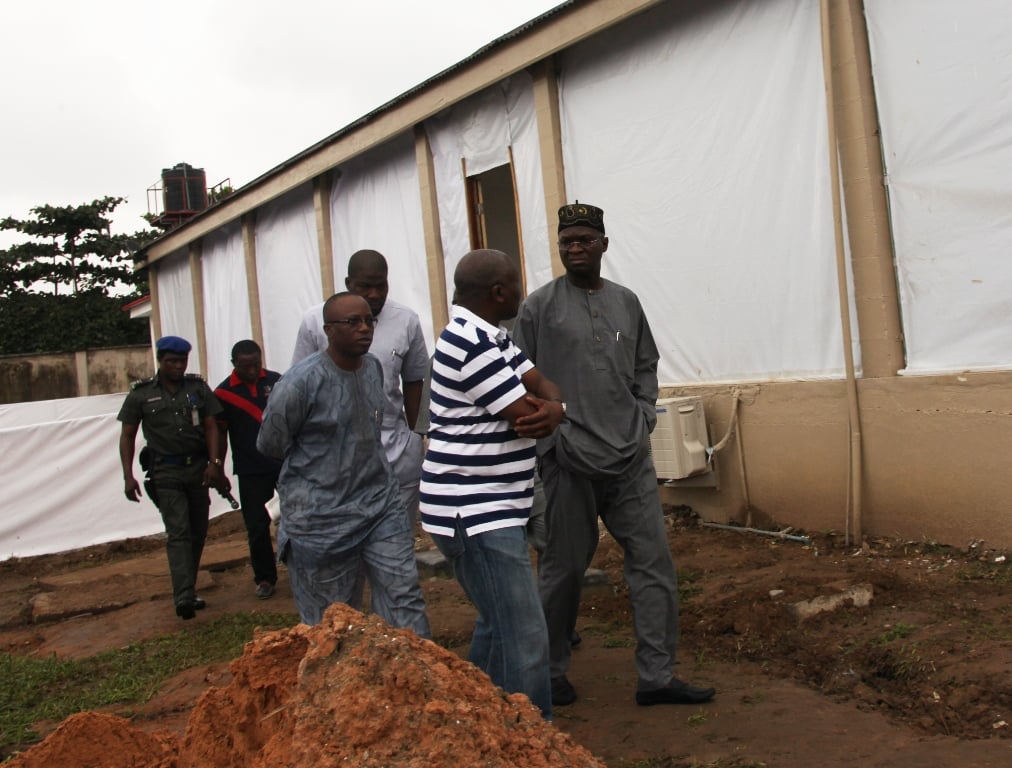
Hit by the grim prospect of an epidemic in its densely-populated city, the Lagos state government and its ministry of health linked up with international partners (led by the World Health Organisation) and the federal government to launch an emergency response. Governor Babatunde Fashola was particularly swift in his actions, creating an isolation centre at Yaba and instantly deploying funds into contact tracing and employment of more health workers.
Despite the good efforts of all involved in the response, the virus would eventually spread to Port Harcourt, after a doctor went ahead to privately attend to an ECOWAS staffer who was one of Sawyer’s primary contacts. There were many scares, but only three cases were confirmed in the oil-rich city. The virus was eventually stamped out of Port Harcourt, but not until the doctor lost his life.
Advertisement
THE DEATHS

Patrick Sawyer died on Thursday July 24, 2014. While Adadevoh died on August 19 (as the first doctor and fourth Nigerian to be claimed by EVD), Justina Ejelonu, a 25-year-old nurse who assumed work at the hospital just one day before Sawyer entered Nigeria, died on August 14, 2014. Echelonu’s death was preceded by that of Jato Asihu Abdulqudir, a Kogi-born 36-year-old ECOWAS official who helped Sawyer with his personal effects at the airport.
In Port Harcourt where an infected ECOWAS official who boycotted surveillance in Lagos was treated, the original patient survived but the doctor contracted it and died. How Ironical! Before the doctor died, an elderly patient at the hospital where he was receiving treatment contracted it as well. Like the doctor, she did not survive it.
In all, 20 people contracted Ebola in the country. While 12 survived, the remaining eight died.
THE FREEDOM
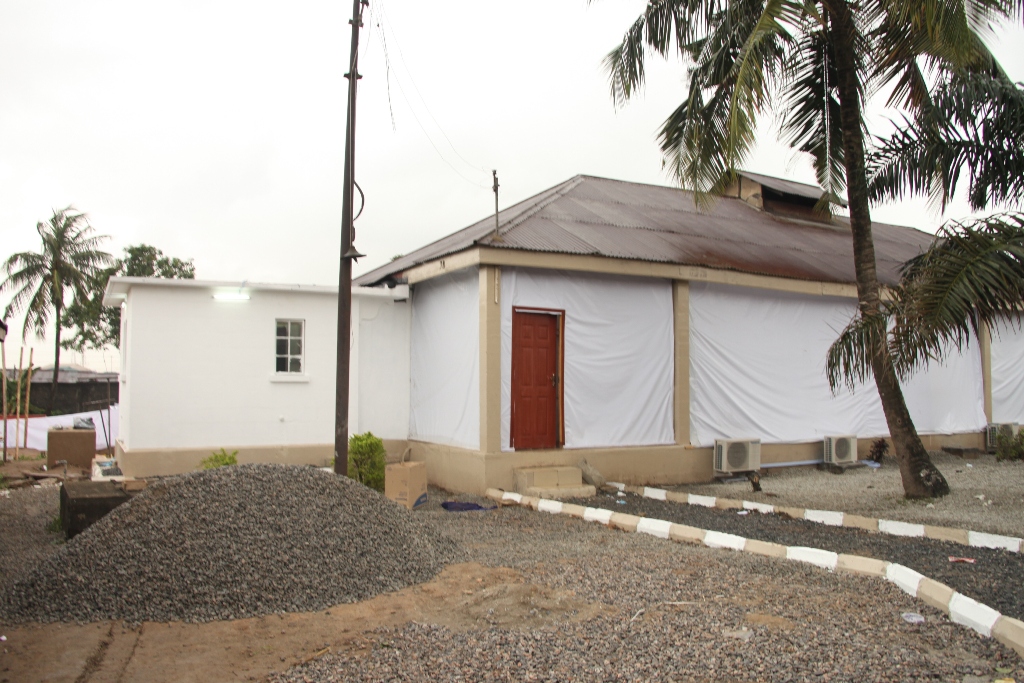
After an intense battle that lasted more than three months, the World Health Organisation (WHO) formally declared Nigeria Ebola-free on October 20. Ruiz Gama Vaz, the WHO country representative, made the declaration at the Shehu Musa Yar’Adua centre in Abuja.
Advertisement
To the relief of millions of Nigerians and keen observers in the international community, Gama Vaz said: “Today October 20, 42 days after the last case of Ebola was reported, which is twice the incubation period, the chain of transmission has been broken. WHO officially declares that Nigeria is now free of Ebola. The outbreak in Nigeria has been defeated. This shows Ebola can be defeated in West Africa.”
He warned at the time that Ebola remained a threat to the country because some west African countries were not free of the disease yet. Happily, Nigeria has known no trace of the virus ever since.
THE HEROES
Dr. Stella Ameyo Adadevoh is unarguably Nigeria’s greatest Ebola hero. It is not because she alone died; it is not because she was the most senior of the medical personnel who attended to Sawyer at First Consultants; it is not even because she was a granddaughter of Herbert Macaulay, one of Nigeria’s founding fathers.
Advertisement
It is because she saved the lives of hundreds of thousands of Nigerians. Anyone who has studied the patterns of Ebola spread in the likes of Liberia and Guinea will understand that had Adadevoh bowed to pressure from Sawyer and the Liberian government by releasing the index case from the hospital, several hundred thousand Nigerians would have contracted the disease and we probably may still be battling it by now.
Nurses (such as Ejelonu who died) and doctors who contracted the virus are heroes as well; the disease could never have been fought without the involvement of Nigerian health workers. Nigeria’s international partners and donors made very important human and financial contributions. Then, we must not forget WHO’s Caucasian doctor (simply identified as Dr. David), who was the first Ebola-trained doctor to attend to patients.
Advertisement
Anyone still in doubt of the deadliness of Ebola or the travails of its patients? Please read this riveting account of Ada Igonoh, a First consultant doctor who contracted the virus but managed to survive.
Advertisement
Add a comment
